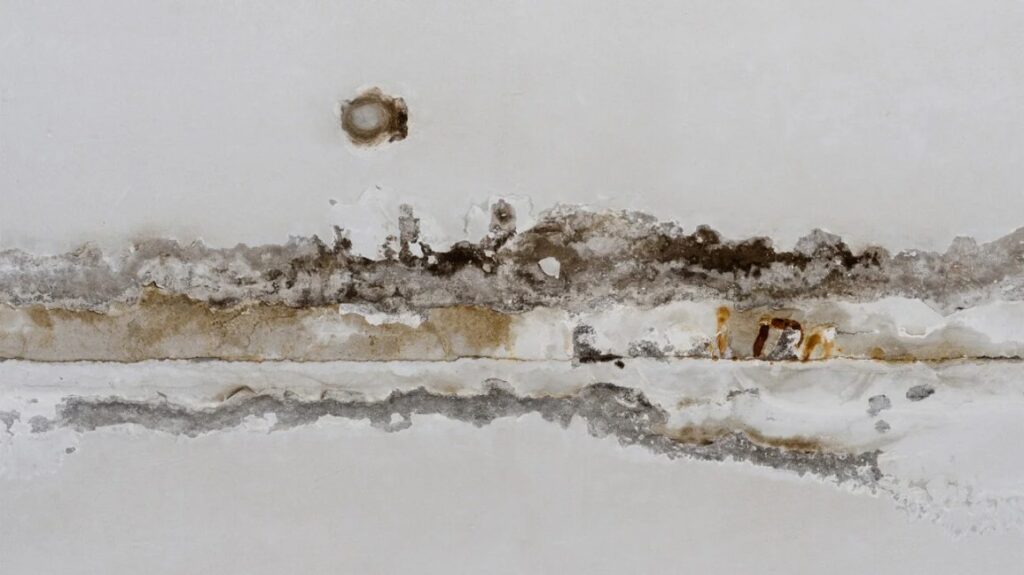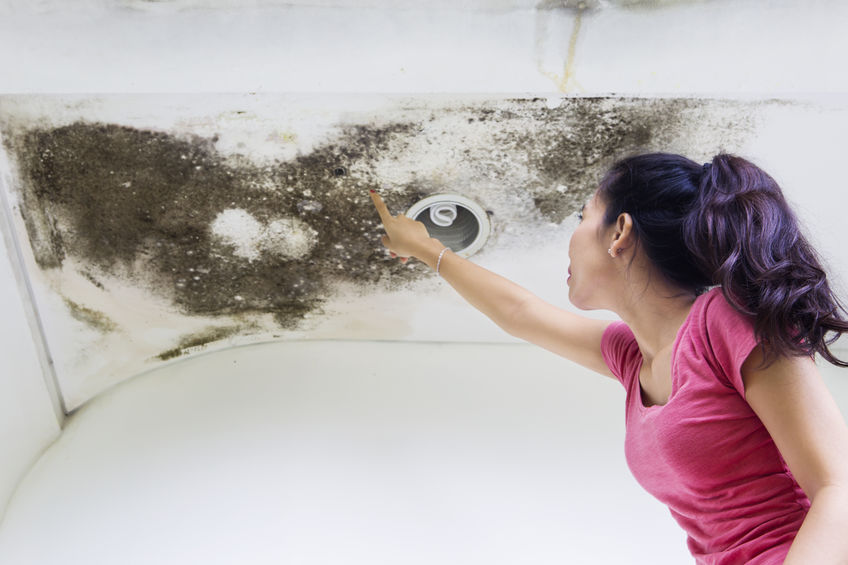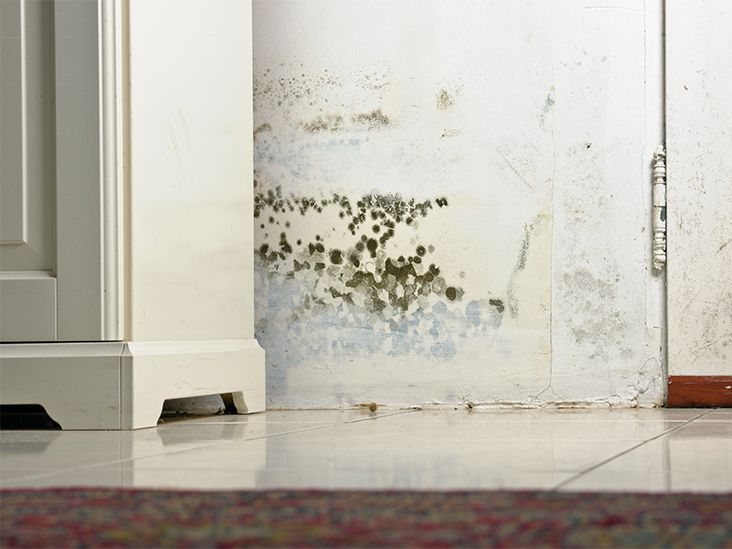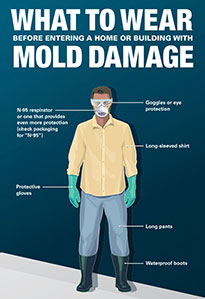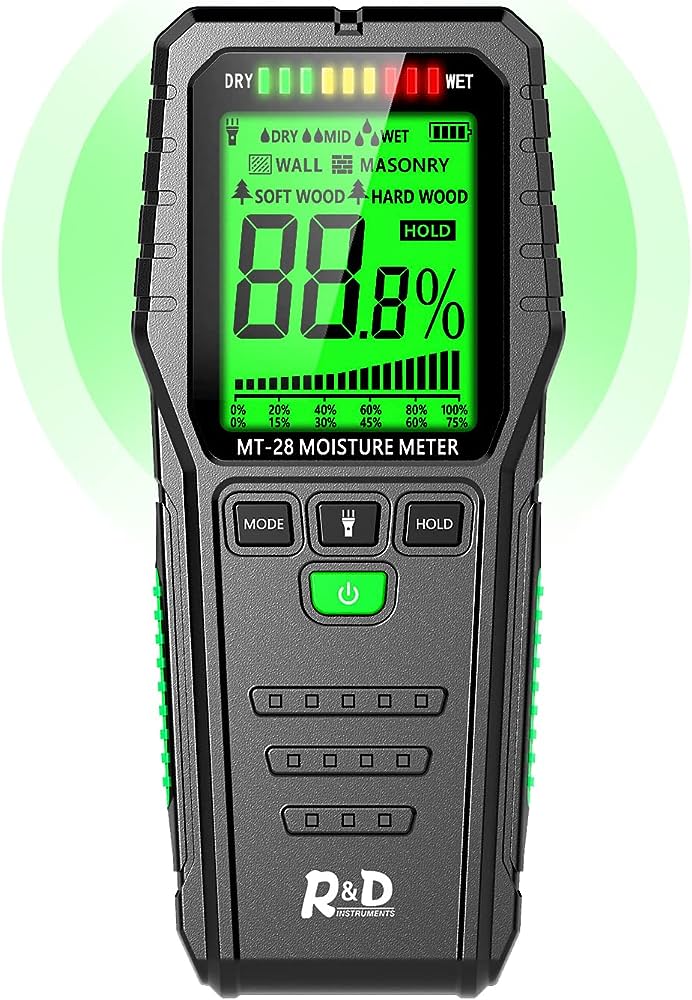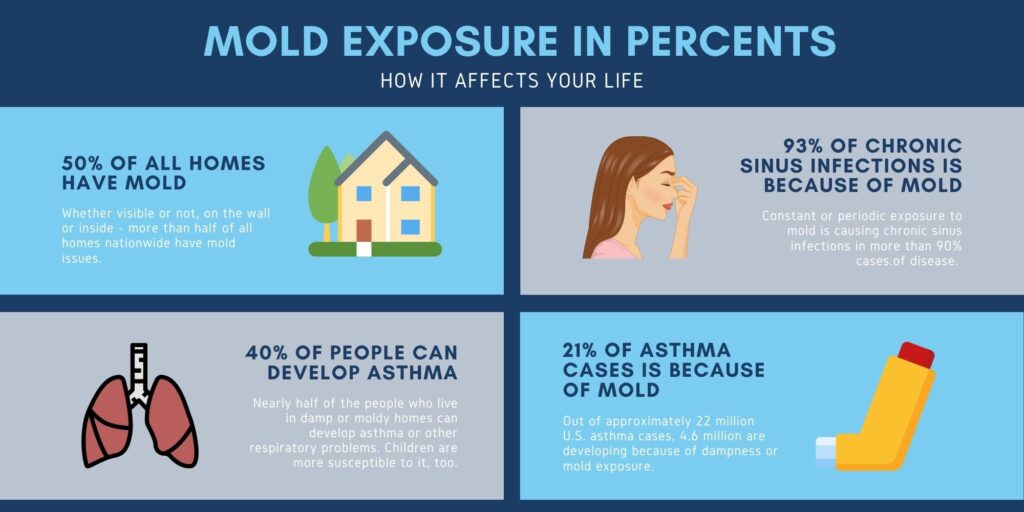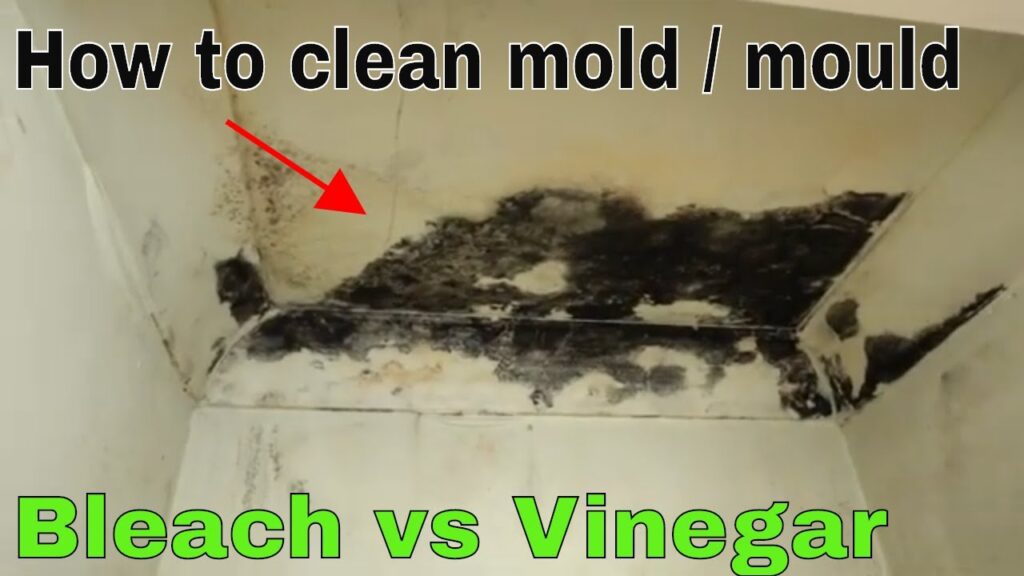Imagine this scenario: you have just moved into a new apartment, and after a few weeks, you start feeling a bit under the weather. Could it be the infamous “new apartment syndrome”? Or perhaps it’s something else entirely? In this article, we will explore the question that’s been on your mind: how long does it take for mold to make you sick? Take a deep breath and let us uncover the hidden dangers that could be lurking in your living space.
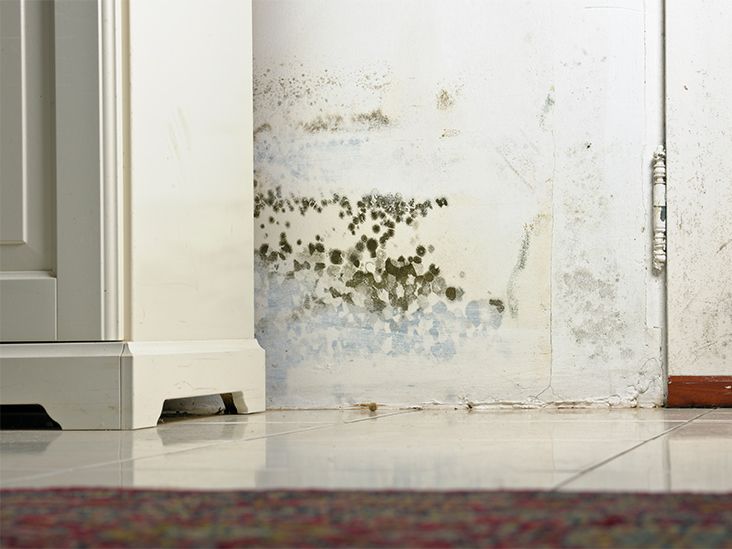

Factors that Influence the Timeframe
Type of Mold
The type of mold present in your environment plays a significant role in determining how quickly it can make you sick. Some types of mold, such as Stachybotrys chartarum (also known as black mold), produce toxins called mycotoxins that can have immediate health effects, while others may take longer to cause symptoms.
Individual Susceptibility
Every individual reacts differently to mold exposure. Some people may be more sensitive than others and experience symptoms sooner. Factors such as age, overall health, and pre-existing respiratory conditions can affect how quickly mold can make you sick.
Exposure Duration and Intensity
The length of time you are exposed to mold and the intensity of the exposure can also influence how quickly you develop symptoms. If you have been consistently exposed to high levels of mold for an extended period, you may experience symptoms sooner compared to someone who had a brief and less intense exposure.
Immediate Health Effects of Mold Exposure
Allergic Reactions
Many individuals who are exposed to mold develop allergic reactions. These may include sneezing, runny nose, itchy or watery eyes, coughing, and wheezing. These symptoms can occur within hours or days after exposure to mold.
Respiratory Issues
Mold exposure can also contribute to respiratory problems, especially in individuals with asthma or allergies. The inhalation of mold spores can trigger asthma attacks, causing difficulty breathing, chest tightness, and wheezing.
Skin Irritation
Some people may experience skin irritation upon contact with mold. This can manifest as a rash, redness, itchiness, or hives.
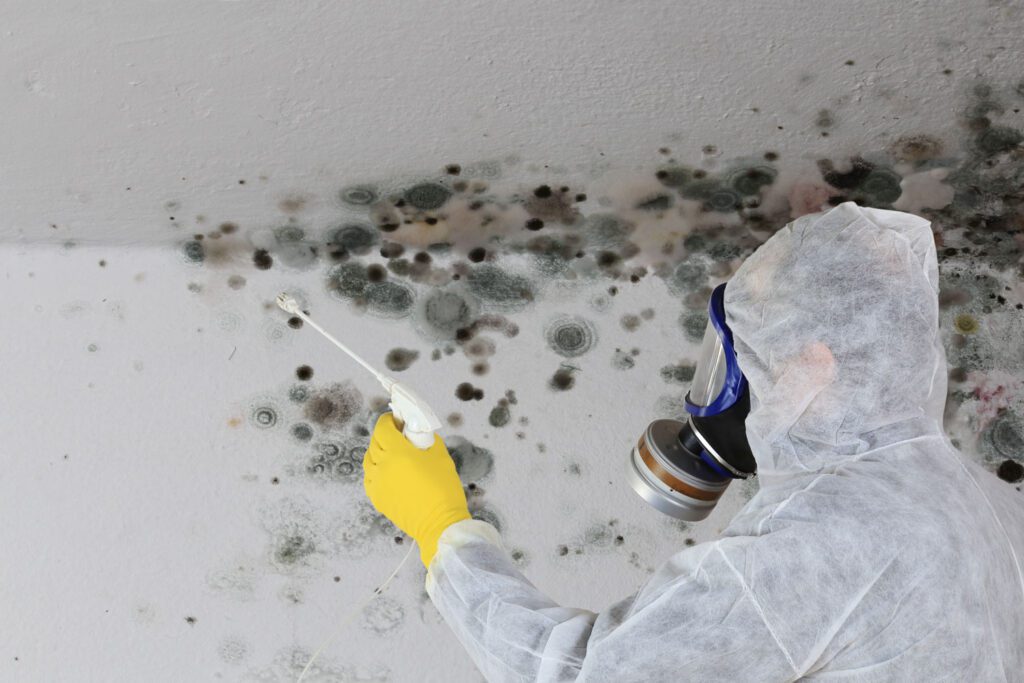

Long-term Health Effects of Mold Exposure
Chronic Sinusitis and Nasal Congestion
Prolonged exposure to mold can lead to chronic sinusitis and nasal congestion. Symptoms may include persistent nasal congestion, facial pain or pressure, headaches, and a reduced sense of smell.
Asthma
For those with pre-existing asthma, mold exposure can worsen symptoms and contribute to the development of asthma in individuals who were previously unaffected. Regular exposure to mold can lead to frequent asthma attacks, increased medication use, and overall reduced respiratory function.
Fungal Infections
In some cases, mold exposure can result in fungal infections. People with weakened immune systems or chronic lung diseases are particularly vulnerable to these infections. Fungal infections can affect various parts of the body, such as the lungs, sinuses, skin, and nails.
Timeline of Symptoms and Illnesses
Acute Reactions (Within Hours to Days)
Immediate health effects such as allergic reactions and respiratory issues usually occur shortly after exposure to mold, typically within hours to days. If you experience symptoms soon after being in a mold-contaminated environment, it is essential to address the issue promptly to prevent further health complications.
Delayed Onset Symptoms (Days to Weeks)
In some cases, symptoms may have a delayed onset, appearing days to weeks after exposure to mold. These symptoms can include persistent coughing, fatigue, headaches, and recurrent respiratory infections. It is crucial to recognize these symptoms and seek medical attention if they persist or worsen.
Prolonged Exposure (Months to Years)
With prolonged exposure to mold, individuals may experience long-term health effects. Chronic sinusitis, asthma, and fungal infections can develop over months or even years of continuous exposure. It is important to address any mold-related issues in your environment to minimize the risk of these long-term health problems.
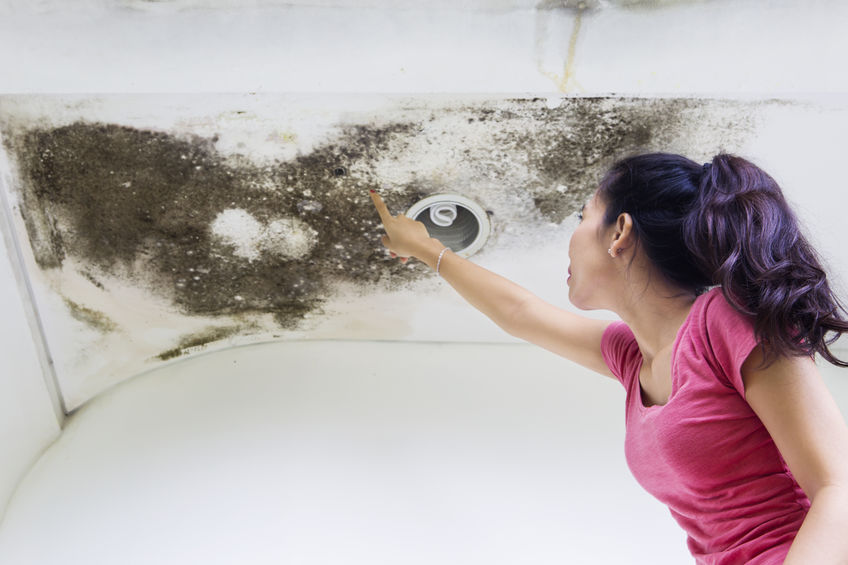

Determining if Mold Is Making You Sick
Recognizing Symptoms
If you suspect that mold is making you sick, it is important to recognize the symptoms associated with mold exposure. These may include allergic reactions, respiratory issues, skin irritation, chronic sinusitis, and asthma. Keeping track of your symptoms and their frequency can help you determine if mold is the underlying cause.
Medical Examination
To confirm if mold exposure is indeed causing your symptoms, it is advisable to seek medical attention. A healthcare professional will evaluate your symptoms, take a detailed medical history, and may conduct specific tests to rule out other potential causes and determine if mold exposure is the culprit.
Testing for Mold in Your Environment
If you suspect mold in your environment is making you sick, it may be necessary to test for mold. Professional mold testing companies can assess indoor air quality, take samples, and identify the presence of mold spores. This helps you pinpoint the source of the problem and take appropriate measures to address it.
Preventing Mold-Related Health Issues
Keep Indoor Moisture Levels Low
One of the most effective ways to prevent mold-related health issues is by keeping indoor moisture levels low. Mold thrives in damp environments, so it is crucial to address any issues that may contribute to excess moisture, such as leaks, high humidity levels, or inadequate ventilation.
Repair Water Leaks and Damage Promptly
Water leaks or any water damage should be repaired promptly to prevent mold growth. If you discover a leak or any moisture-related problem in your home or workplace, it is essential to fix it as soon as possible and thoroughly dry the affected area to prevent mold from growing.
Proper Ventilation and Air Circulation
Good ventilation and air circulation can help prevent mold growth. Ensure that your home or workplace has adequate ventilation in high-moisture areas such as bathrooms, kitchens, and basements. Using exhaust fans, opening windows when weather permits, and utilizing dehumidifiers can also help control moisture levels.
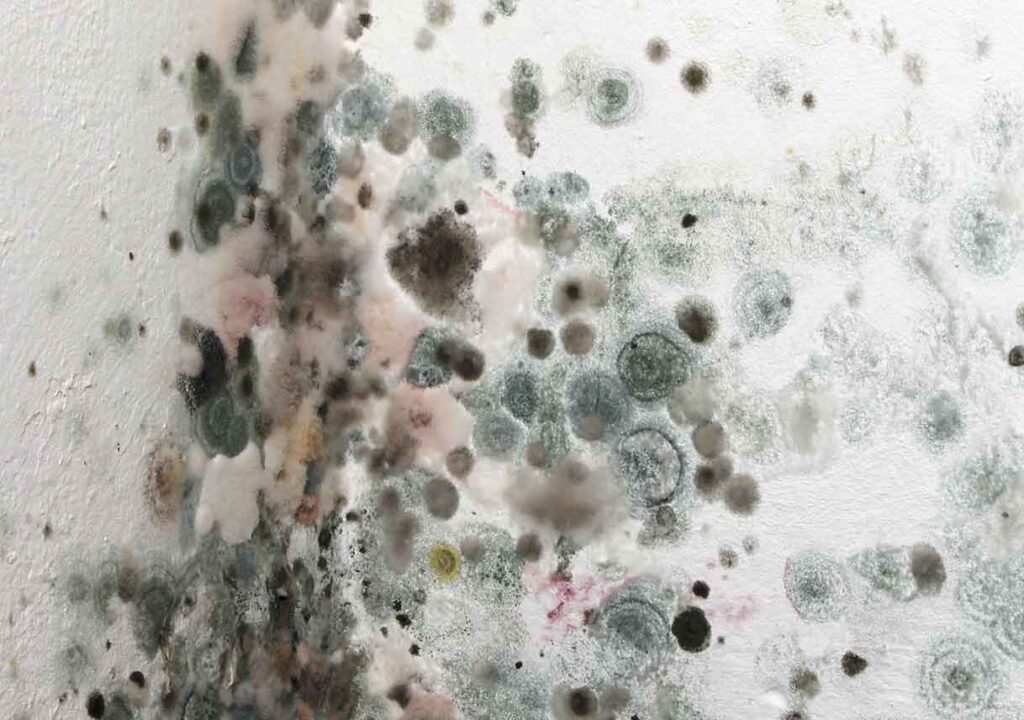

Removing Mold and Seeking Professional Help
DIY Mold Remediation
If the mold growth is small and isolated, you may be able to remove it yourself. However, it is crucial to take proper precautions, such as wearing protective gear and ensuring proper ventilation during the cleanup process. Clean the affected area using a mixture of water and detergent, scrubbing thoroughly, and drying it completely to discourage future mold growth.
When to Seek Professional Assistance
In some cases, professional assistance may be necessary to safely remove mold. If the mold growth is extensive, covering more than 10 square feet, or if it is in challenging-to-reach areas, it is advisable to hire a professional mold remediation company. They have the expertise, equipment, and knowledge to safely and effectively remove the mold.
Mold-Testing Companies and Experts
If you suspect mold in your environment but cannot locate the source or identify the type of mold present, you may want to consider consulting a mold-testing company or expert. They can perform thorough mold inspections, identify the species of mold, and provide recommendations on proper remediation techniques.
Conclusion
Mold exposure can have both immediate and long-term health effects, depending on factors such as the type of mold, individual susceptibility, and exposure duration and intensity. Immediate health effects may include allergic reactions, respiratory issues, and skin irritation, while prolonged exposure can lead to chronic sinusitis, asthma, and fungal infections. Recognizing symptoms, seeking medical attention, and testing for mold in your environment are crucial steps in determining if mold is making you sick. To prevent mold-related health issues, it is important to keep indoor moisture levels low, repair water leaks promptly, and ensure proper ventilation and air circulation. Removing mold should be done with caution, and professional assistance may be necessary in certain situations. By taking these preventive measures and addressing mold issues promptly, you can protect yourself and your loved ones from the potential health risks associated with mold exposure.
